Mortgage Rate Options
Not all mortgages are created equal. For example, while some borrowers choose adjustable-rate mortgages (ARMs), the most frequent loan type is the fixed-rate mortgage.
What is a Fixed-rate mortgage?
A fixed-rate mortgage is a home loan option with a particular interest rate for the entire term of the loan. Essentially, the interest rate on the mortgage will not change over the loan's lifetime, and the borrower's interest and principal payments will remain the same each month.
Why consider a Fixed-rate mortgage?
A fixed-rate mortgage locks in both your interest rate and monthly payments for the entirety of your loan, providing the peace of mind that comes with stability. This is the most traditional form of a mortgage. Reasons to consider a fixed-rate mortgage include:
- Predictable budgeting: Your repayment responsibilities will be clear.
- Interest rate stability: Your payment will hold steady for the entire term of the loan.
- Flexible terms: Most borrowers opt for a 30-year mortgage, but shorter periods like 15 or 20 years may be a better fit for your goals.
- Fixed-rate mortgages are a good fit for most borrowers. They appeal to those who plan to own their home for a long duration and want peace of mind knowing their loan repayments will be predictable. Of course, if interest rates should fall during the life of the loan, borrowers could consider refinancing, but the goal is not to play the guessing game.
Types of Fixed-rate mortgages
The number of years attached to a fixed-rate mortgage isn't the only difference to consider. So here's a rundown of some of the vocabulary you'll see next to fixed-rate loans:
Conventional fixed-rate mortgages
Conventional fixed-rate mortgages generally come with slightly stricter requirements for approval. However, there are some exceptions to these rules. These loans are allocated by banks, credit unions, online lenders, and other types of lending institutions.
FHA, VA, and USDA loans
FHA, VA, and USDA loans have fixed rates and come with less strict requirements than conventional loans. FHA loans are broadly available, while USDA loans are assigned to specific rural borrowers. VA loans are reserved for military service members, veterans, and qualified family members.
Conforming
A conforming loan adheres to prerequisites from the Federal Housing Finance Agency (FHFA), such as loan limit, that enable it to be sold on the secondary market.
Non-conforming
Non-conforming loans, including jumbo loans, don't meet FHFA requirements. You might pay a higher rate to qualify and need to check off stricter standards regarding your credit score and cash reserves.
Amortizing
Most fixed-rate mortgages are amortizing loans, which means that your monthly payments go toward both the preliminary and the interest charges.
Non-amortizing
Non-amortizing loans are considerably less common but come with an appealing benefit: significantly lower monthly payments that might only cover the interest for a while.
Your Goals. Your Home. Your Brightside.
Home financing should feel empowering, not overwhelming. At Brightside Mortgage, we’re committed to helping you achieve homeownership with confidence, clarity, and peace of mind. Let’s turn your homeownership dreams into reality—together.

